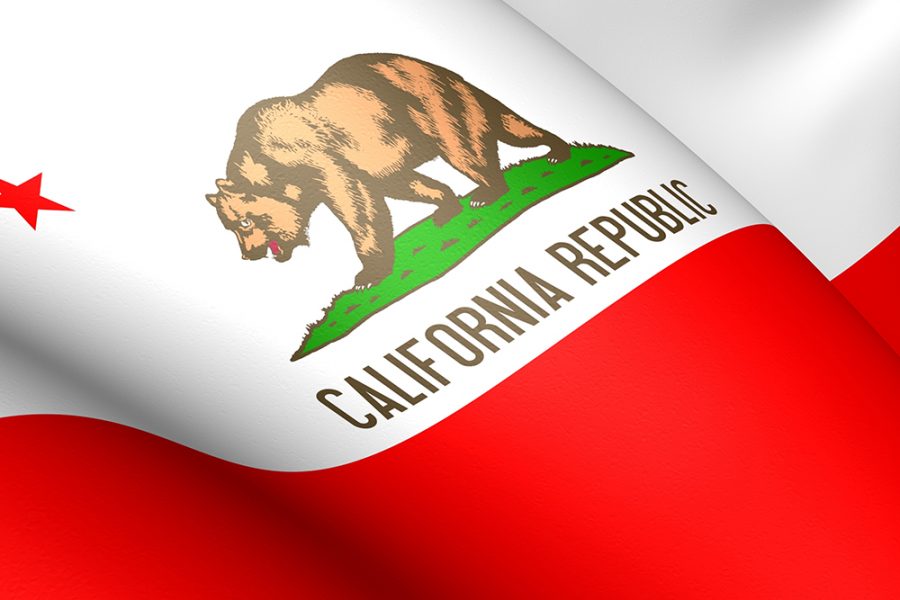Consumer Watchdog, the self-appointed group with a history of waging controversial ballot measure fights, announced this week that it was launching a 2024 ballot initiative campaign aiming to, according to Politico, “forc(e) unprecedented scrutiny into lobbying activities at the Capitol.”
The proposed “Government Transparency Act”, according to a campaign press release, would “make state government agencies more responsive to public requests for government documents and increase state legislators’ public reporting of meetings with lobbyists and investigations into misconduct.”
Jerry Flanagan, litigation director for Consumer Watchdog, says that “failures in government transparency can be hazardous to our health and to the health of our democracy.”
Proponents paint a black and white picture of what is going on at the State Capitol. If a legislator meets with a lobbyist, then something illicit must be happening. If they have a fundraiser and accept a donation from a business group, then they must be “on the take.”
But it’s actually much more complex than that.
During my time working at the State Capitol for nearly two decades, I sat in on literally hundreds of “lobbyist” meetings. Some were with “third house” professionals in Sacramento, representing companies or associations. Others were citizen lobbyists who had a local perspective they wished to share with their elected official about state legislation.
Even though I worked for Republican legislators, I sat in on as many meetings with labor unions, environmental groups, and left-wing social interests than I did meeting with business organizations or taxpayer groups.
As many hours as there were in the day to meet with people, everyone had the opportunity to make their voices heard to either the legislator directly or to their staff members like me. That’s what government should be – having an open door to a variety of constituents to be heard.
I also attended many campaign fundraisers in my “off hours” after the workday was complete. Never did I see lobbyists lined up to talk shop with legislators in exchange for campaign cash. Rather, it was small talk about travel or sports over house Chardonnay and crab cakes.
Who a legislator meets with or accepts campaign donations from tells you very little about their philosophy or intent. By and large, they and their staff meet with anyone who requests a meeting. And Sacramento interests give money to virtually every lawmaker across party lines.
That’s the issue with oversimplistic measures like this. There are real problems with lack of government transparency in Sacramento. But the release of legislator calendars isn’t about making government more accessible and accountable to the people. Rather, it’s about promoting a political agenda of higher taxes and bigger government.
If this measure passes, you’ll surely see liberal dark money groups like Consumer Watchdog scour newly-public lawmaker schedules to try and characterize votes by legislators in favor of market-based policies or against big government programs as somehow illegitimate because the legislator met with a lobbyist.
Pressure groups will surely use the newly-available calendar details to organize picket lines at legislator fundraising events because a business group supports a legislator who champions free-market policies.
And if I were a betting man, you won’t see much scrutiny of legislator meetings with labor union bosses, trial lawyer representatives, teachers’ union officials, or extreme environmental groups by Campaign Watchdog.
We’ve all seen the benefit more transparency can bring, most recently with Prop. 54’s rule that bills must be in print for 72 hours before they are voted in. This has allowed the public and the news media to know what’s going on at the State Capitol and hold legislators accountable before final votes are taken.
Making public certain meetings from a legislator’s calendar won’t inform the public about what’s really going on behind closed doors, and would actually paint a false picture of what’s not happening. However, a more thoughtful reform effort toward the principles of openness would certainly be a worthy effort that would improve lawmaking at the State Capitol and increase the public’s trust in government.
Tim Anaya is the Pacific Research Institute’s vice president of marketing and communications.


